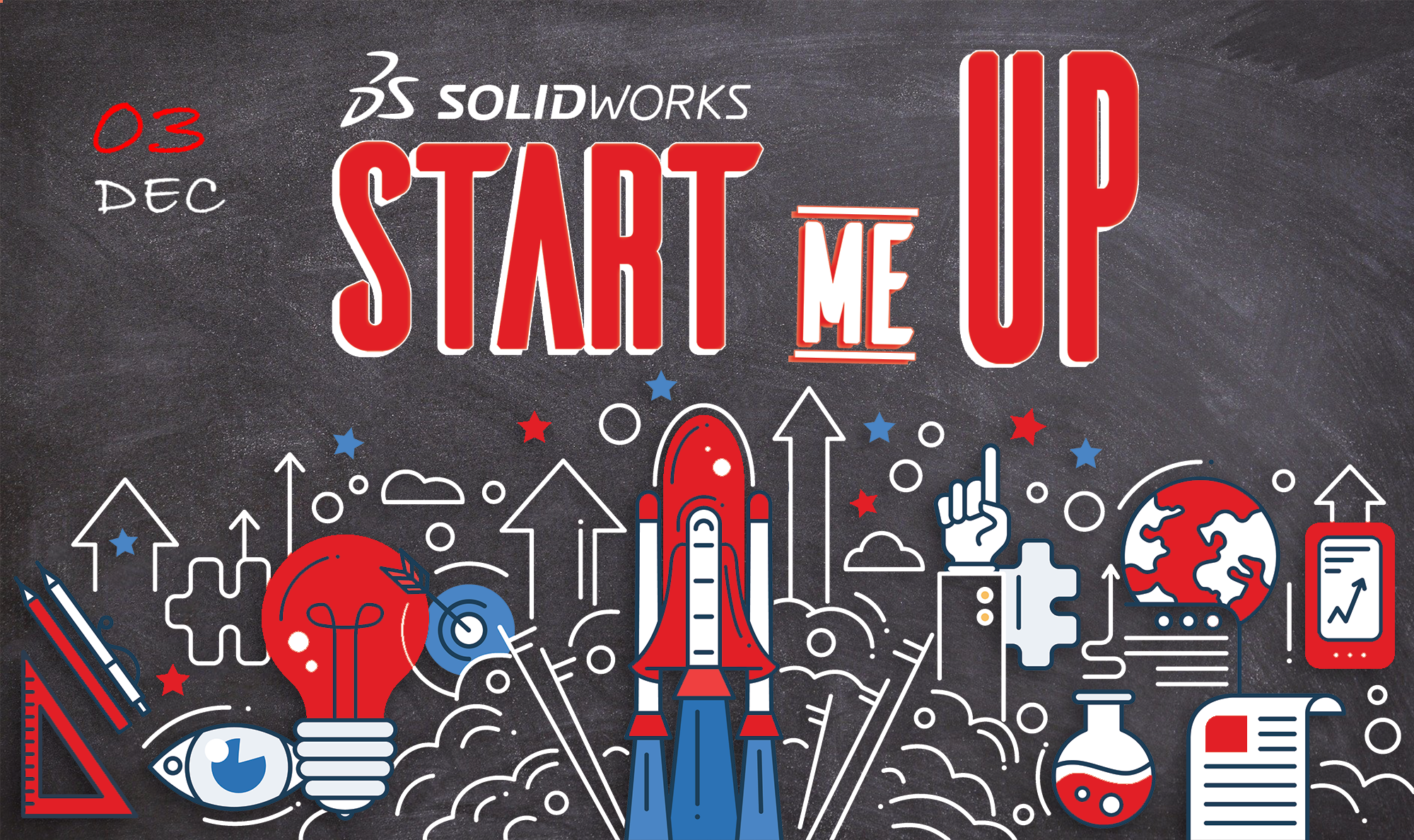
What is the impact of a global pandemic on business innovation in France?
And in particular, those which form the bulk of our economic fabric, SMEs.
By referring to recent studies, we can shed light on certain elements of understanding of the challenges for innovation in SMEs. Above all, it is worth highlighting the extraordinary resilience of our companies plunged into the most extreme uncertainty that we have ever had to face. Better yet, all observers are convinced that innovation accelerates in times of crisis.
In a BVA study for the Web School Factory, we learn that 40% of the actors innovation in France, consider that their company should focus on creation of new business models. A figure that peaked at 21% before covid-19. While there is awareness of the urgency of rethinking models and innovating, many questions remain and show that there is still a long way to go.
Contents
Innovation, a main lever for transformation
Thus 66% of innovation directors consulted consider that the weak innovation culture within the company is a major obstacle to developing innovative projects. A crucial point of improvement since “few companies perceive innovation as the means to the profound transformation of their structure, in particular concerning environmental issues and digital transition, whereas on the contrary, innovation is one of the levers key to understanding this kind of problem, ”says Anne Lalou, general manager of the Web School Factory and the Innovation Factory, at the initiative of this study.
If large differences in perception persist within companies on the role of innovation, it is sometimes the consequence of a negative judgment on the skills available. Directorates-General and those responsible for innovation blame each other for the relative lack of dynamism in certain sectors. And if everyone is talking about transformation, the main dimension that drives innovation is the digitization production processes and tools.
In this regard, French companies are in the middle of Europe, even if, as with our neighbors, SMEs and a fortiori VSEs are lagging behind in digitization compared to large companies. It should be noted that the investments of French industry are rather high in information and communication technologies (an investment rate equal to 6.7% of manufacturing value added, against 1.3% in Germany and 2.3% in Italy).
Covid-19 is an opportunity to advance innovation
Innovation in SMEs does not only concern digital transformation, in the sense of the digitalization of business. Of course, the French government supports very small businesses and SMEs in their investments to switch to e-commerce, but above all we expect companies to respond quickly to the needs that this crisis has made more evident than before.
The areas of health, hygiene and well-being were the most visible. We remember the Easybreath mask from Decathlon, transformed for respiratory assistance in hospital intensive care centers. In Germany, the Ministry of Health has developed in a few weeks an application specific to Covid-19, compatible with the AppleHealth and GoogleFit health apps and Fitbit, Garmin, Polar or Withings sensors. It authorizes the sharing of health data with doctors and researchers from the Robert Koch Federal Institute (source WeDemain.fr).
A WHO study of a thousand new technologies or modifications to existing technologies that have been developed around the world to target different areas of the response to the Covid-19 pandemic reveals that Africa accounts for 12.8% of innovations. “Covid-19 is one of the most serious health challenges over a generation, but it is also an occasion to advance innovation, ingenuity and entrepreneurship in life-saving health technologies, ”said Dr Matshidiso Moeti, WHO Regional Director for Africa.
Accelerate to respond to a new request
But healthcare is not the only sector to offer new solutions and the BVA survey prompted underlines that for 48% of respondents the Covid-19 has a positive impact on the development of innovation projects. “The Covid-19 has forced us to change quickly and accelerate our innovation projects to meet new demand. The first results confirm our desire to adapt to meet consumer expectations. Says a business executive quoted in the study.
An example near Nice, with this SME which has developed several contactless systems to eliminate the risk of contamination by elevator buttons. “It is useful for freight elevators, for hospitals, for nursing homes, so as to call the elevator even with loaded hands”, details Frédéric Chané, technical director of Ciel Ascenceurs, which has been manufacturing elevators for 23 years. 100% French. The company also offers “infrared buttons that detect human presence. We approach, between two and four centimeters, and the call is made automatically. You can also call the elevator from your smartphone, ”adds the manufacturer.
Adoption of digital platforms
What unites all the players in industrial innovation is the need to use so-called hybrid technologies and teams. Innovation is born from collaboration and co-construction, but to carry out this work in teams, it is essential adopt digital platforms. If we are to believe the managers interviewed, hybridization is also an opening towards partners outside the company who then constitute an ecosystem dedicated to innovation (74% of them are convinced of the need to this hybridization of teams). This is the whole point of a platform like the 3dExperience developed by Dassault Systèmes.
Better collaborate, connect data and make it accessible to the different teams involved in complete security, follow the progress of projects in real time, are clear objectives for any innovative company. Because innovation must be accelerated in agile mode, in order to keep pace and ensure a go to market consistent with the expectations of citizens, customers and consumers.
Everything suggests that the covid-19 crisis has strengthened the convictions of innovators. More than ever, companies have understood the importance of innovation in sustaining or growing their businesses. Working together to go faster and further is a common mission that digital platforms allow to achieve in order to contribute to the common good.







